Salt is very important for the human body: its deficiency is bad for our health, but at the same time, excess salt in the diet kills every tenth inhabitant of our planet. Scientists help us find the "golden mean" in salt consumption by setting the limits and the dosage necessary for the human body on the basis of the studies. Let's look at what happens to the body with an excess of salt and find the answer to the question of how much it should be consumed.
Salt – benefit and harm – a question that the editors of estet-portal.com will try to sort out on the shelves.
- Salt – white death
- How Salt Affects Heart Health
- The benefits and harms of a salt-free diet
- Salt tolerance
- Salt: useful or is it still "white death"
Salt – white death
Salt is also called sodium chloride (NaCl). It is 40% sodium and 60% chloride by weight.
Salt is by far the largest dietary source of sodium, and the word "salt" and "sodium" often used interchangeably.
Some salts may contain trace amounts of calcium, potassium, iron and zinc. Iodine is often added to table salt.
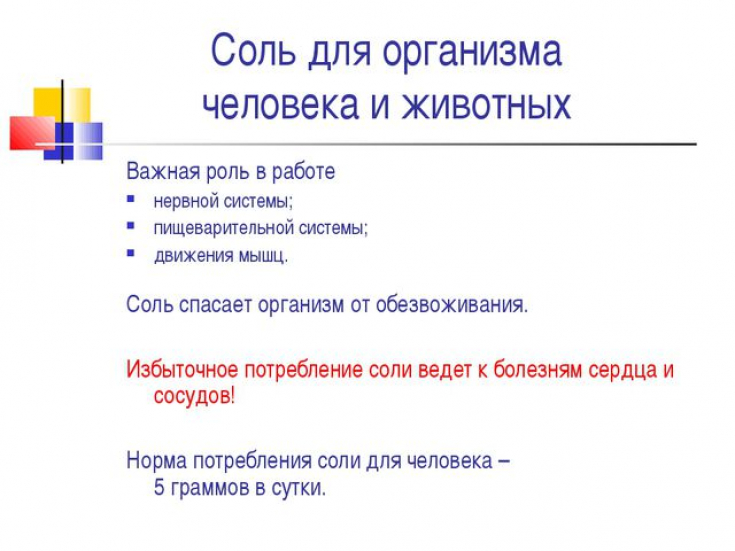
The essential minerals of salt act as important electrolytes in the body. They help with fluid balance, nerve transmission and muscle function.
Some salt is naturally found in most foods. It is also often added to food to enhance the taste.
Gluten Intolerance: Modern Trouble or Serious Illness
Historically, salt has been used to preserve food. Larger amounts may prevent the growth of bacteria that lead to poor nutrition.
Very often we hear that salt is called "white death". It's all about the harm that causes excessive consumption of sodium chloride.
Subscribe to our page in Instagram! thirst. And excessive fluid intake leads to swelling and, it should be noted, not to the best appearance. But this is just the tip of the iceberg.Hypertension, a big load on the kidneys, blood vessels and heart – other consequences of an excess of salt in the body. And a failure in the work of internal processes disrupts the work of many internal systems in the human body.
How Salt Affects Heart Health
Health authorities have been telling us to reduce our sodium intake for decades. They say that you should consume no more than 2300 mg of sodium per day, preferably less. This is about one teaspoon or 6 grams of salt. However, about 90% of adults consume much more.
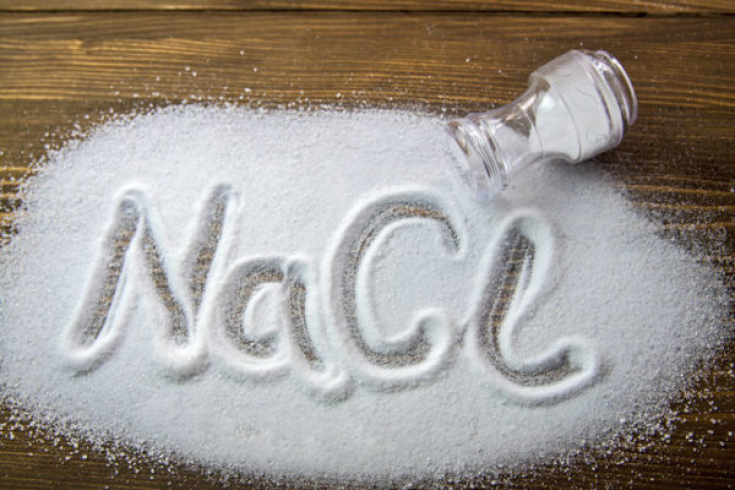 One 2013 study found that for people with normal blood pressure, salt restriction reduced systolic blood pressure by only 2.42 mmHg. Art., And diastolic blood pressure - only 1.00 mm Hg. St.
One 2013 study found that for people with normal blood pressure, salt restriction reduced systolic blood pressure by only 2.42 mmHg. Art., And diastolic blood pressure - only 1.00 mm Hg. St.
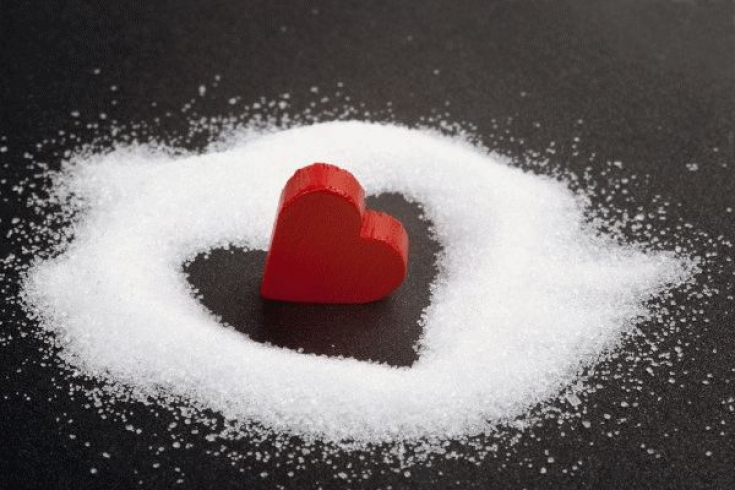 The benefits and harms of a salt-free diet
The benefits and harms of a salt-free diet
The most common misconception about salt is that a low-salt diet can save you from health problems. But it's not. A person cannot completely exclude the consumption of salt, since in addition to a pure food supplement, it is also found in food. It is also worth remembering that the body still needs a minimum dose of salt.
Food kills - tell yourself "stop"
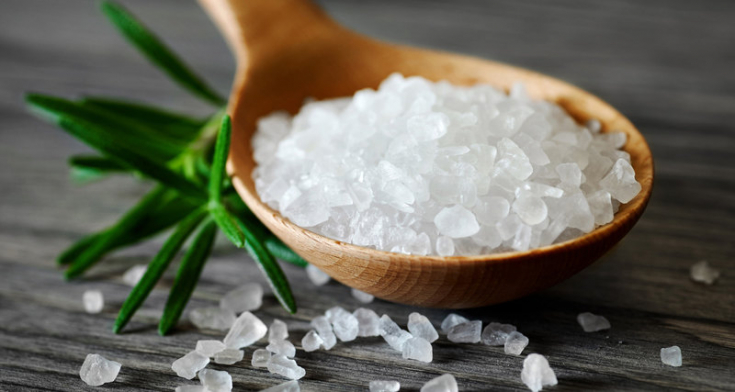 If you are on a low-salt diet but eat dairy products, bread and potatoes, you are getting your daily salt requirement. Therefore, at least one of these products should remain in the diet of a salt-free diet.
If you are on a low-salt diet but eat dairy products, bread and potatoes, you are getting your daily salt requirement. Therefore, at least one of these products should remain in the diet of a salt-free diet.
The maximum amount of sodium chloride intake per day is 25 grams. BUT! Remember that this is all the salt that your body is able to digest, and the rest is excreted naturally. In addition, do not forget that this norm includes all the salt you eat. That is, in addition to the table salt that you added to food, the salt that is contained in food products is normally taken into account.
Meat: features of cooking and storing food in the heat
Unprocessed and unexposed by the body, excess salt accumulates in internal organs, bones, muscles and even in human skin. At the same time, sodium chloride takes the place of other useful minerals and salts. Which, in turn, causes various malfunctions in the body, for example, premature graying of hair. People with kidney, cardiovascular and lung diseases are advised by doctors to reduce their salt intake to the minimum necessary.
Salt: useful or is it still "white death"
For a healthy person, the norm of table salt intake per day is 5 grams. This dose applies only to adults who do not suffer from cardiovascular disease. For children and people with health problems, this rate is lower and is calculated based on age and weight for children and on the recommendation of the attending physician for sick people.
The sharp decline in consumption rates is due to the fact that in most of the world's communities, the number of cardiovascular diseases that the WHO attributes to excessive consumption is on the rise.
Eating too much salt can be harmful, but too little can be just as bad for your health.As is often the case in nutrition, optimal intake falls somewhere between the two extremes .
Watch us on YouTube: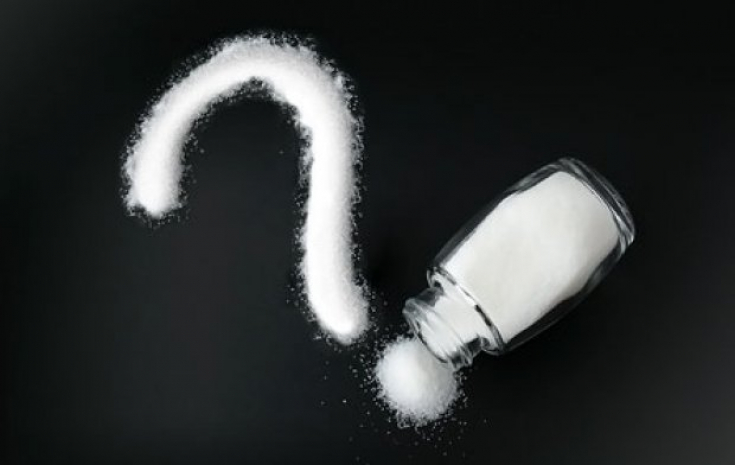






Add a comment